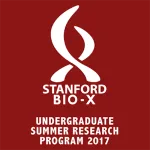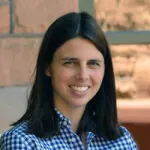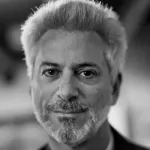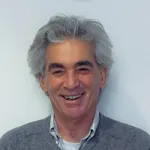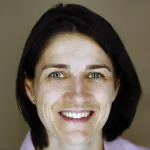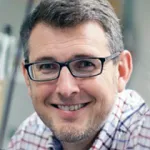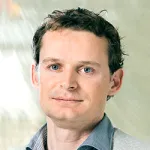VPTL Talk: Hidden inequities in active learning classrooms: How groups of students are differentially impacted by active learning
VPTL Talk co-sponsored by WISE Ventures and the Department of Biology
SARA BROWNELL, ARIZONA STATE UNIVERSITY
Dr. Brownell will discuss recent work examining the experiences of women and LGBTQIA students in active learning classrooms, including small group discussions. This work will hopefully help instructors to consider structuring their in-class activities in ways that promote equity, which may require more purposeful attention to alleviating the current differential student experiences with peer discussions.
VPTL Talk: Opportunities and tension points associated with integrating teaching and research
VPTL Talk co-sponsored by WISE Ventures and the Department of Biology
SARA BROWNELL, ARIZONA STATE UNIVERSITY
Sara Brownell is a neuroscientist turned full-time education researcher, who teaches undergraduate biology while studying biology education.
Stanford Bio-X Seminar: Michael Specter - "Do Facts Matter? How to exist in a world where lies are treated as if they are true"
Frontiers in Quantitative Biology Seminar
Frontiers in Quantitative Biology Seminar
MIKE LEVINE, PRINCETON UNIVERSITY
The Levine lab has studied mechanisms responsible for switching genes on and off in the early Drosophila embryo for over 30 years. These studies led to the characterization of the eve stripe 2 enhancer, short-range repression, and the regulation of long-range enhancer-promoter interactions. For nearly 20 years they have also studied the gene networks underlying the development of a simple protovertebrate, the sea squirt Ciona intestinalis. These studies led to the identification of rudimentary tissues for key innovations of the vertebrate “new head”, including cranial neural crest, neurogenic placodes, and the second heart field.
Frontiers in Quantitative Biology Seminar
Frontiers in Quantitative Biology Seminar
CHRISTINE JACOBS-WAGNER, YALE UNIVERSITY
The Jacobs-Wagner group studies the temporal and spatial mechanisms involved in bacterial physiology, with emphasis on chromosome dynamics, cell division, cell cycle regulation, cell morphogenesis and RNA biology. Their primary model organisms are Caulobacter crescentus, Escherichia coli and the Lyme disease pathogen Borrelia burgdorferi.
Frontiers in Quantitative Biology Seminar
Frontiers in Quantitative Biology Seminar
PHILIP BENFEY, DUKE UNIVERSITY
The Benfey laboratory addresses the question how cells acquire their identities using a combination of genetics, molecular biology and genomics to identify and characterize the genes that regulate formation of the root in the plant model system, Arabidopsis thaliana.
Frontiers in Quantitative Biology Seminar
Frontiers in Quantitative Biology Seminar
The Elf lab has developed new methods for probing transcription factor dynamics at the level of single molecule in living cells. The lab is also developing new methods for tracking individual proteins molecules in living cells at ms time resolution.
Frontiers in Quantitative Biology Seminar
Frontiers in Quantitative Biology Seminar
LUCAS PELKMANS, UNIVERSITY OF ZURICH
The Pelkmans lab operates at the forefront of research in quantitative cell biology, in the study of cell-to-cell variability, as well as in systems approaches based on large- scale genetic perturbations and network biology.
Frontiers in Quantitative Biology Seminar
Frontiers in Quantitative Biology Seminar
LAURA JOHNSTON, COLUMBIA UNIVERSITY
Dr. Johnston's laboratory investigates the mechanisms used by growing tissues to gauge and regulate the collective and individual fitness of cells, thereby optimizing tissue and animal fitness.

